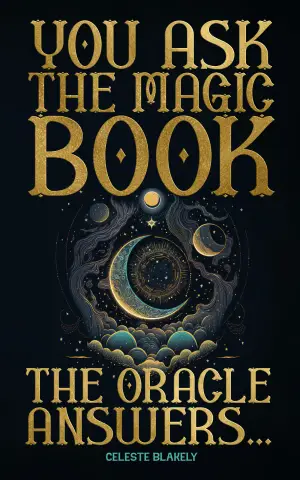Book Review: Science Fictions by Stuart Ritchie
As an avid enthusiast for science and the ways it shapes our understanding of the world, I was naturally intrigued by Stuart Ritchie’s Science Fictions. This book offers an insider’s view of the scientific process and lays bare the reasons why many scientific results can’t be trusted. It caught my attention after learning how Ritchie’s own work challenged a notorious psychology experiment, which contributed to the broader discussion about the “replication crisis.” I was eager to dive into the intricacies of how failures in peer review, statistical missteps, and systemic issues in research funding can lead to dire consequences—not just for scientific integrity, but for societal trust in science itself.

From the outset, Science Fictions is well-researched and presented in a clear, engaging manner. Ritchie’s writing is notably accessible, making complex concepts surrounding scientific integrity straightforward and digestible for readers at any level. This aligns with what several reviewers commented on, who found the writing style to be lucid and easy to follow. It’s a refreshing change from dense academic texts, and I could see how this would be essential reading for students of statistics or anyone even remotely interested in the scientific method.
However, I did encounter some areas that left me wanting. Many readers echoed a sentiment about the book’s tone; it teeters on the edge of pessimism throughout. While Ritchie does highlight systemic flaws and perverse incentives that lead some scientists to mishandle data, this often gives a bleak overview of a field that I still believe holds great promise. Michael’s review aptly pointed out that while the negatives are significant, the book can often feel overwhelmingly discouraging, lacking a balanced perspective on how to navigate the problematic landscape of current research. I found myself nodding in agreement with that viewpoint, wishing for a slightly more optimistic outlook amidst the critiques.
On the flip side, Ritchie effectively educates readers about issues like p-hacking, publication bias, and the often hidden biases that cloud scientific research. His engaging narrative serves not only to inform but to empower readers to be skeptical consumers of science. This was particularly invigorating, as he emphasizes the importance of scrutinizing findings rather than accepting them at face value, an idea I wholeheartedly support. It validates a notion that has been growing in the public consciousness over the past few years—one that urges patience and diligence in processing scientific claims.
But while the discussion is thorough and enlightening, I couldn’t help but agree with other reviewers, such as Jerry, who noted that Ritchie’s proposed fixes for the scientific system feel a bit hollow. The solutions presented often get muddled in the very human failings he expertly outlines. It raises the question: can the system be truly "fixed" when the faults reside in the human incentives that drive it? This, to me, is where the book discloses its inherent complexity and perhaps why the last chapter felt like it didn’t deliver the hopeful conclusion some readers were searching for.
Overall, Science Fictions is a compelling examination of the contemporary scientific landscape, with Ritchie successfully illuminating harmful trends that affected various domains—medicine, economics, and social science just to name a few. He meticulously dissects the conditions leading to these detrimental practices, revealing how ideals can become distorted through human ambition and systemic flaws. The book fulfills its promise to provide an insightful critique on the relationship between research practices and the broader scientific narrative.
In conclusion, I would highly recommend Science Fictions for anyone interested in understanding the modern scientific paradigm and its pitfalls. While it has its drawbacks, such as a somewhat negative tone and a lack of hopeful solutions, Ritchie’s expertise and engaging style make it an essential read. It challenged my previous assumptions and has left me more vigilant as a consumer of scientific information. For those willing to grapple with the complexities of science’s current state, this book is sure to enlighten and provoke thought.







